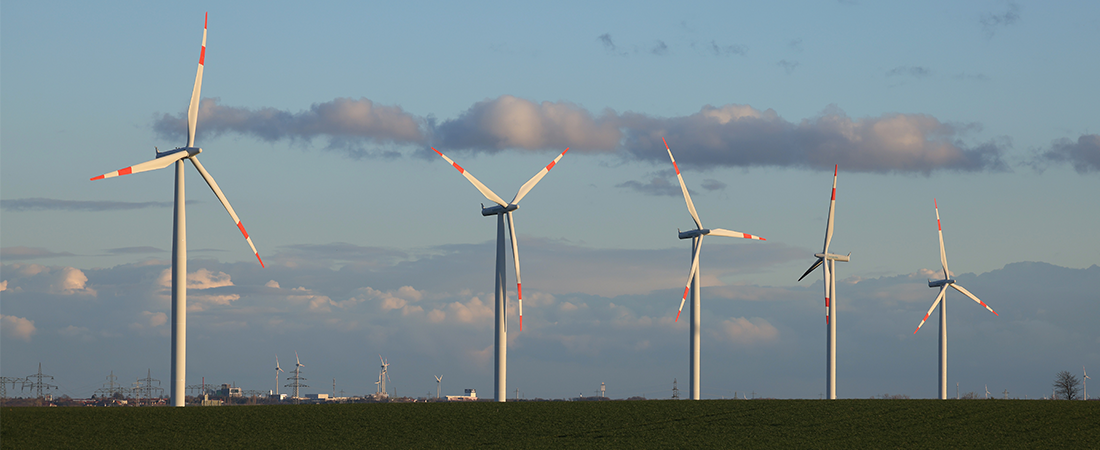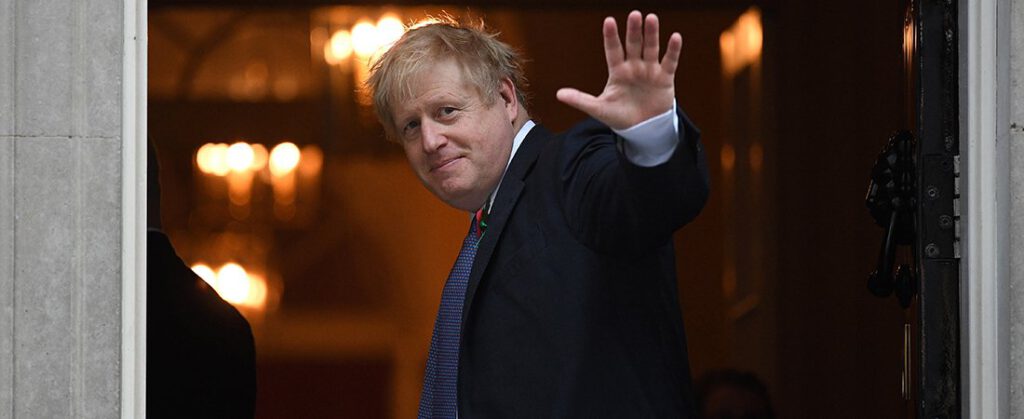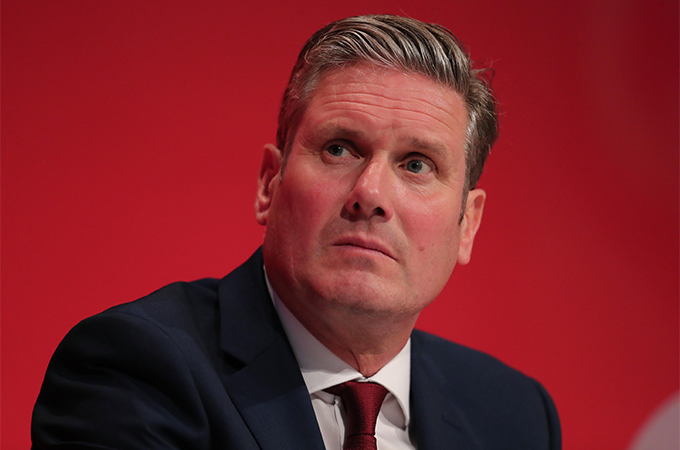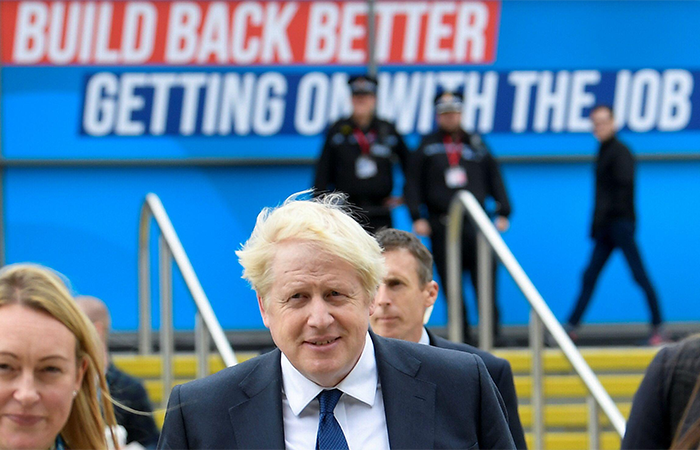Last week’s energy strategy may or may not lead to a huge change in how the energy we consume is produced. But there is no doubt that it played into growing concern among the public about this issue – and a desire for the Government to take action.
There are long term and short term factors which are causing this. But the most important long term trend is that climate change denial is now a minority pursuit, with a similar level of public support to vaccine scepticism. This is the case in all voting groups. The stereotype of the Red Wall voter who is blithely unconcerned with “green crap” is so far from being the whole story as to be downright misleading.
Polling that Portland carried out last year – just before the COP26 conference – showed that just 10 per cent of those earning between £15,000 and £35,000 a year – the C1C2D voters who gave Boris Johnson his majority in 2019 – wish that he would shut up about green issues. What this shows is that voters – perhaps like a certain senior Tory politician himself – are very capable of cakeism. They can believe that things need to be done about man-made climate change and at the same time that bills are too high.
Meanwhile the short-term trends are even more powerful. The first of these is Ukraine. New research that Portland has carried out over the last month suggests that the security of domestic supply – and not funding Russian atrocities – is now a powerful force with the public. Asked if they would be willing to pay a bit more to free the UK from any dependence on Russia, 56 per cent of the UK public were willing to do so. The figure was even higher at 62 per cent among people who said they had voted Tory at the last election. It’s not insignificant that one major energy supplier is currently running a major digital advertising campaign which features a wind-turbine painted in the colours of the Union Jack.
That comes despite the second major short-term influence – the enormously-important factor of cost. In focus groups carried out with Red Wall Tory voters last week, participants indicated real panic about rising bills. One woman – earning perhaps £1500 a month after tax – said her own gas bill had gone up by £140 in the last week.
There is also quite strong knowledge that France has not had big price hikes, and that is because they rely much more on more predictable nuclear energy. On renewables, this group was keen for anything which would keep bills down. As another woman said: “I would rather have a massive wind turbine in my back garden than nothing in my bank account.”
If a new energy policy can present itself as greener, less prone to disruption from Russia or another hostile state, and as providing prices which are not just competitive but more predictable then it will hit home strongly with voters.
Meanwhile there was some canny presentation in last week’s package. The same research that Portland carried out last month shows that solar is the most popular energy source when people are asked to choose ones which they think the government should support, with 52 per cent support among the total UK public. Next are offshore wind with 45 per cent and onshore wind at 37 per cent. Fracking is much less popular at 20 per cent than nuclear at 27 per cent.
Fracking, in fact, comes bottom of the ten options we put forward. And yet it has become a fixation for a certain part of the Tory party, on grounds which seem to be more ideological and theological than they have a basis in policy or politics. Put simply, the politics of fracking – leaving aside the fact it will not come on stream quickly, and any gas which is eventually produced will most likely be sold at globally-determined prices – make little sense outside of a small coterie of Tory MPs. It has less support than nuclear – a technology which hardly has a trouble-free reputation with the public.
Government is hard. The Prime Minister and the Business Secretary need to reconcile their genuine commitment to Net Zero, the real suffering that higher prices are already causing and the threat to national well-being that the Ukraine crisis has revealed. They must do all this while needing to be re-elected. But those are the breaks. This stuff is not supposed to be easy.
The good news, if there is any, for the Government is that if they do choose to go down the route that the strategy indicated – a medium-term dash for more renewables and a longer-term bet on nuclear for days when the wind doesn’t blow – then the public are in a mood to follow them.





